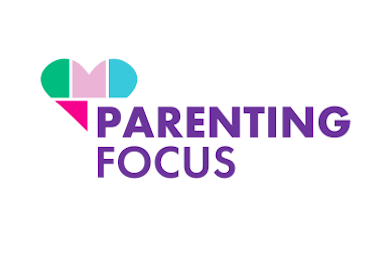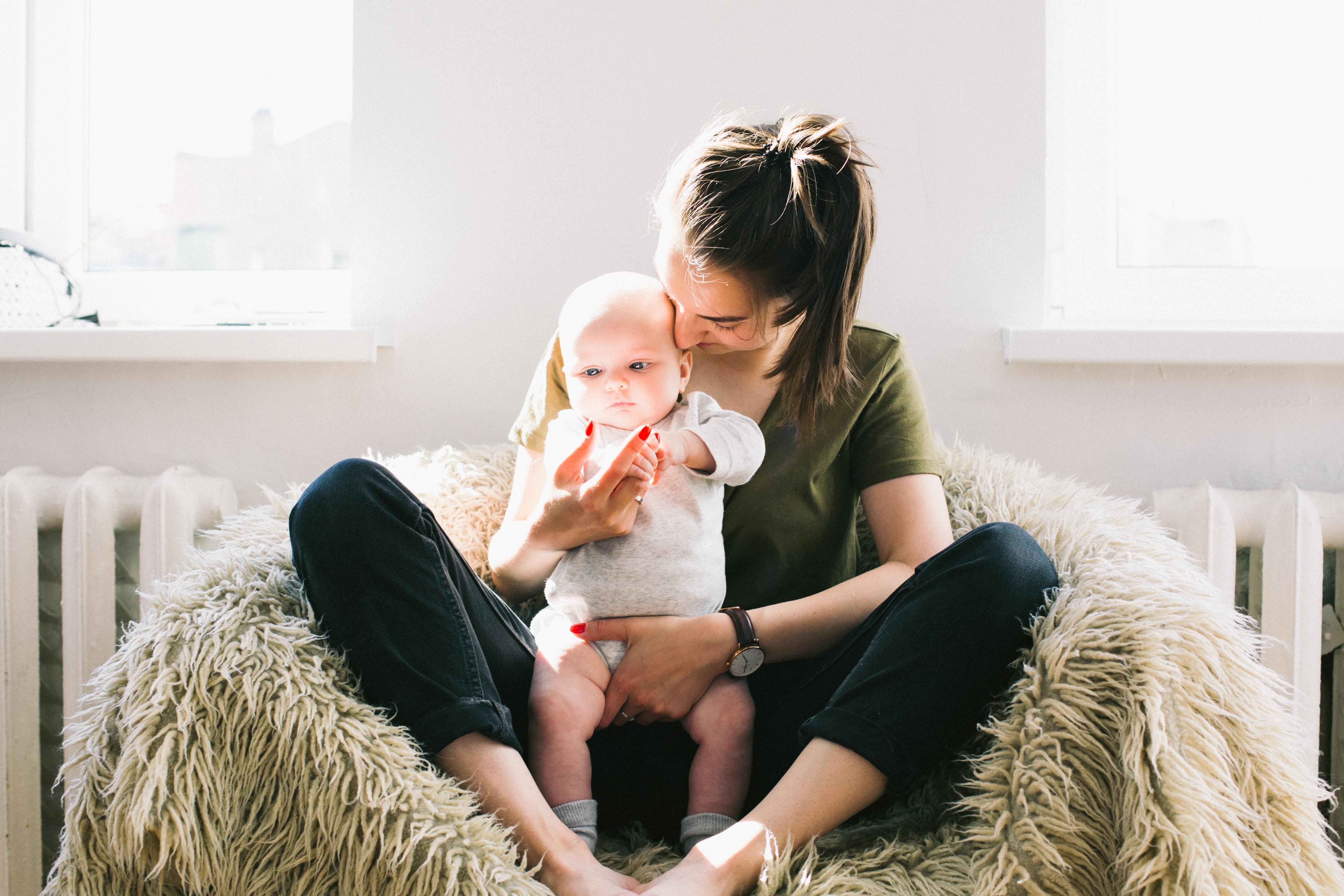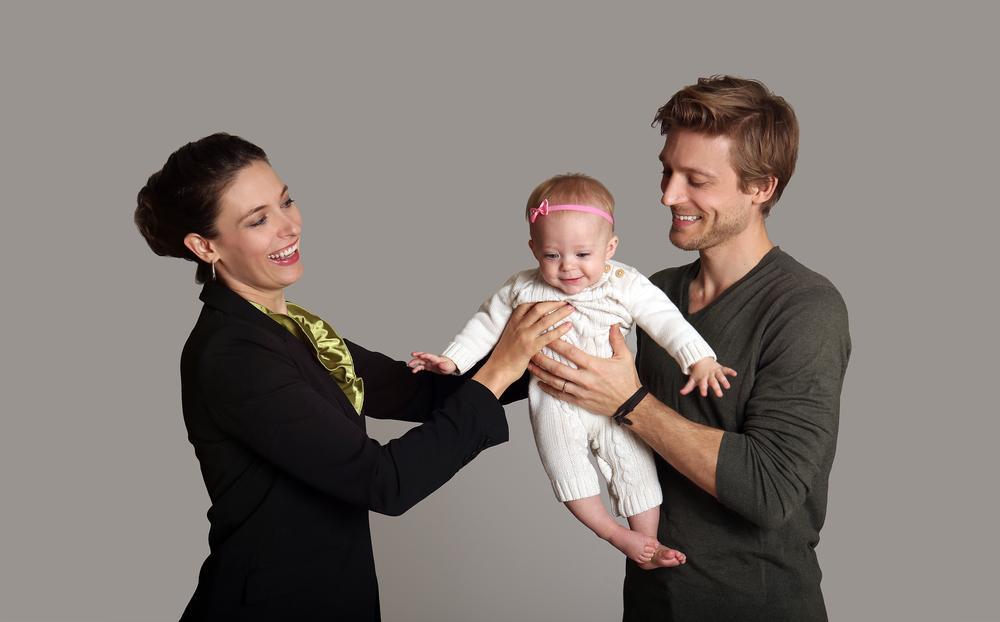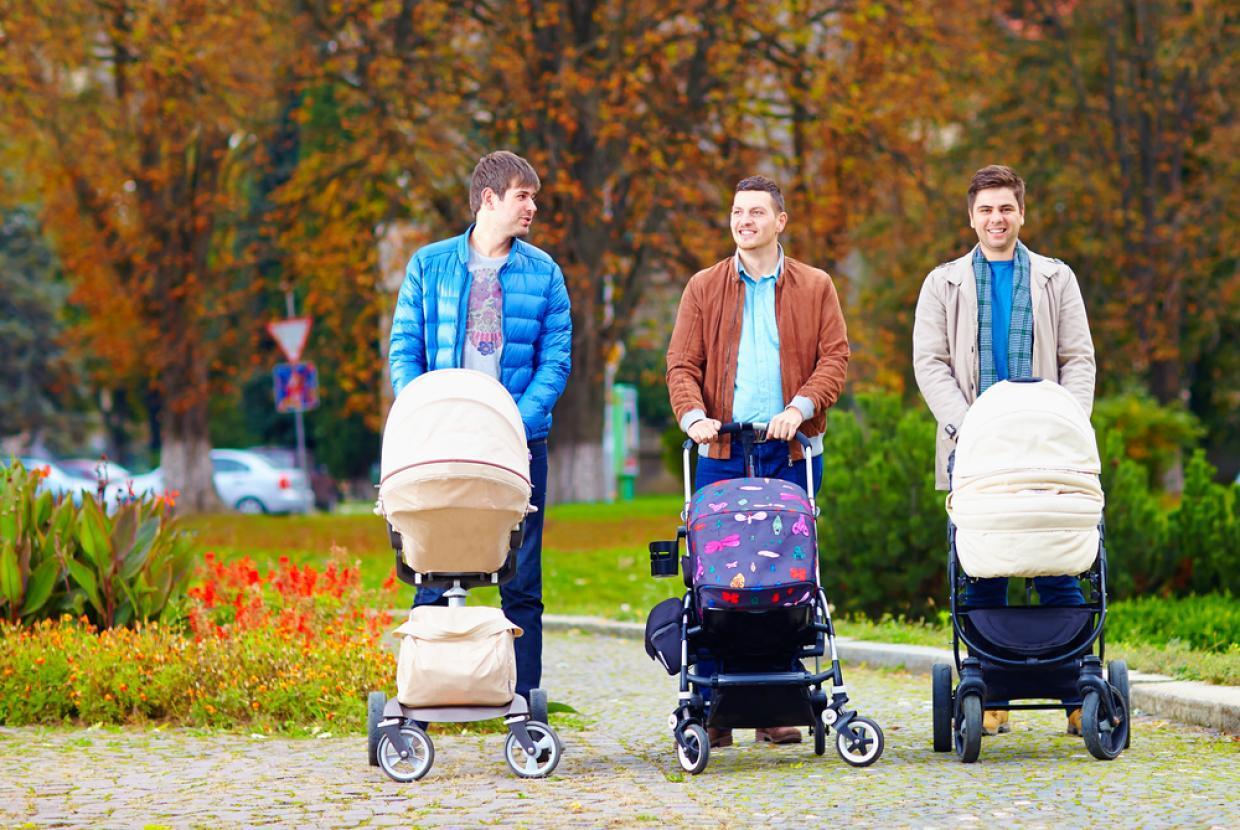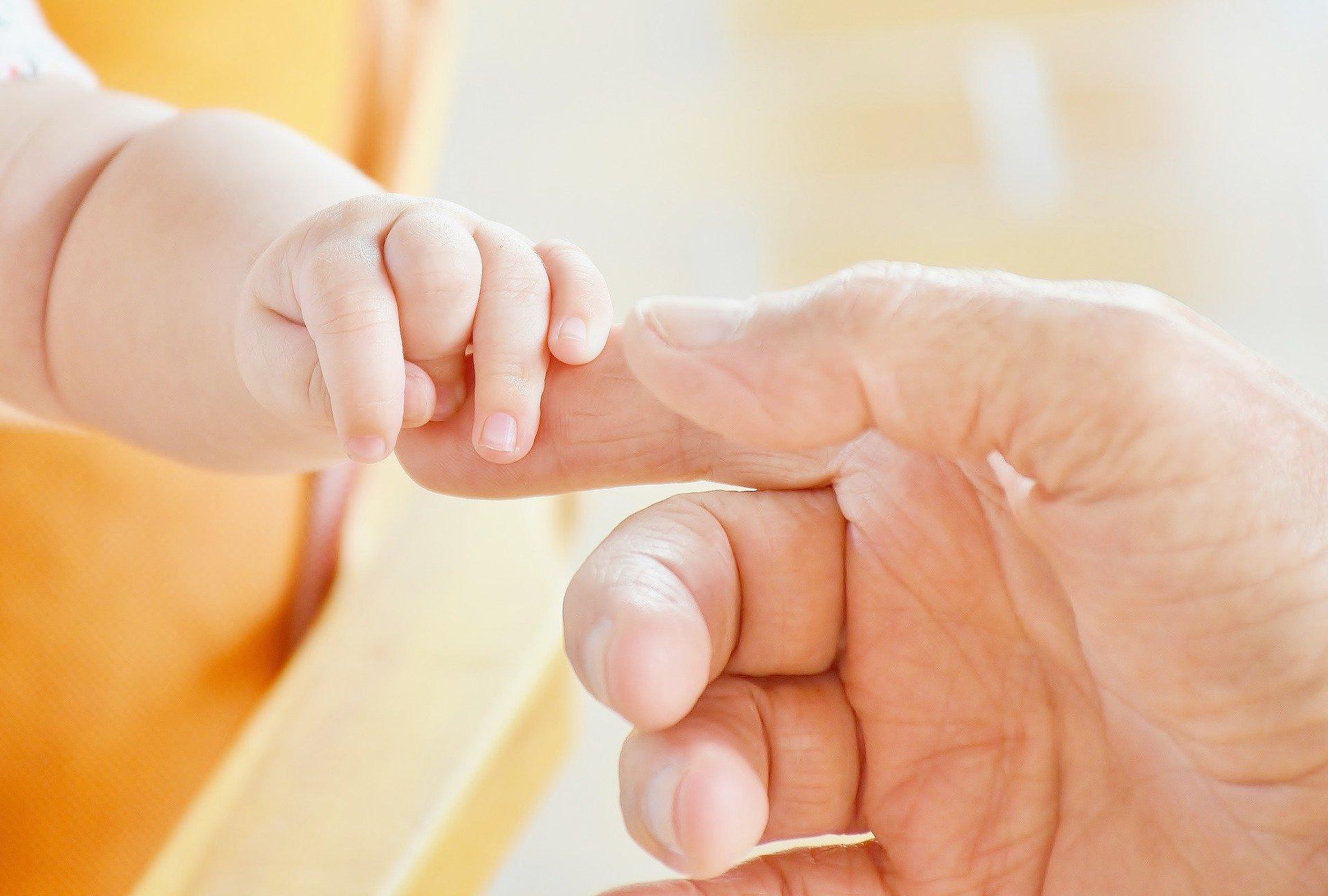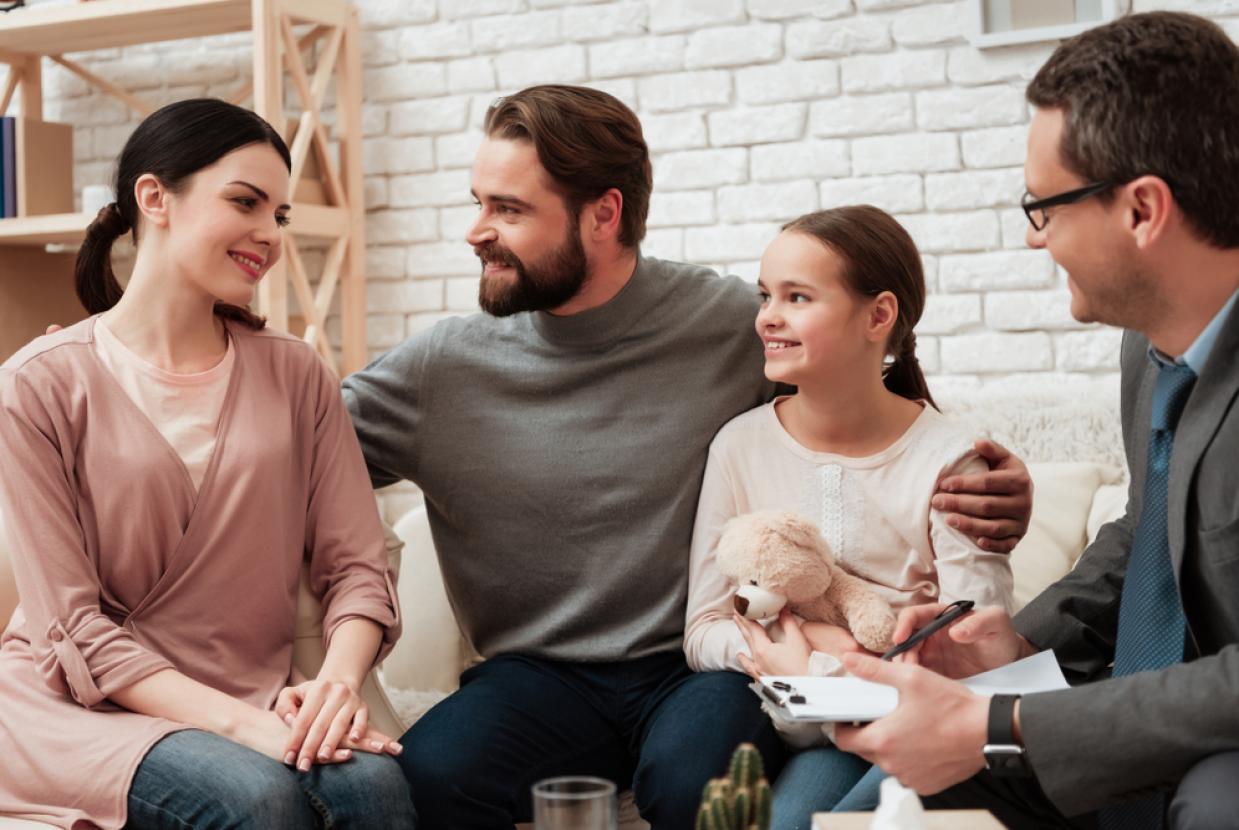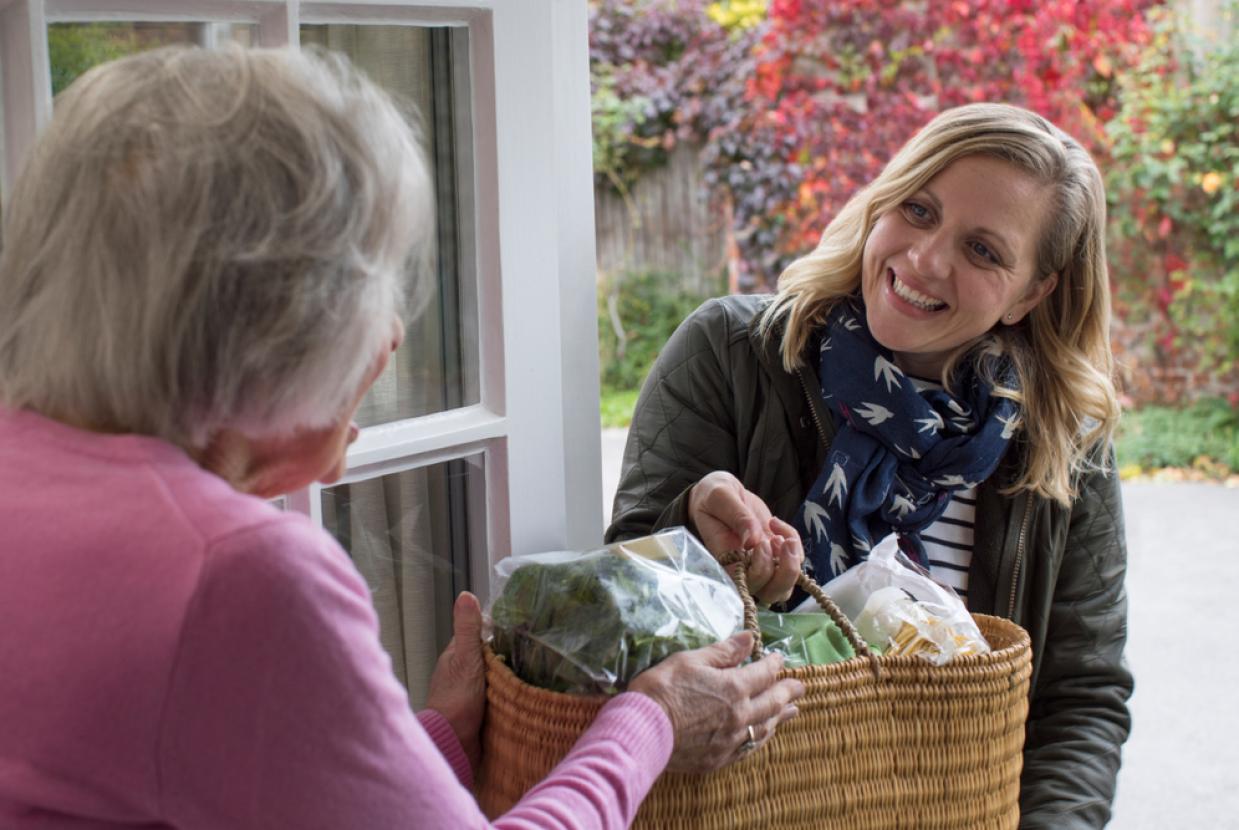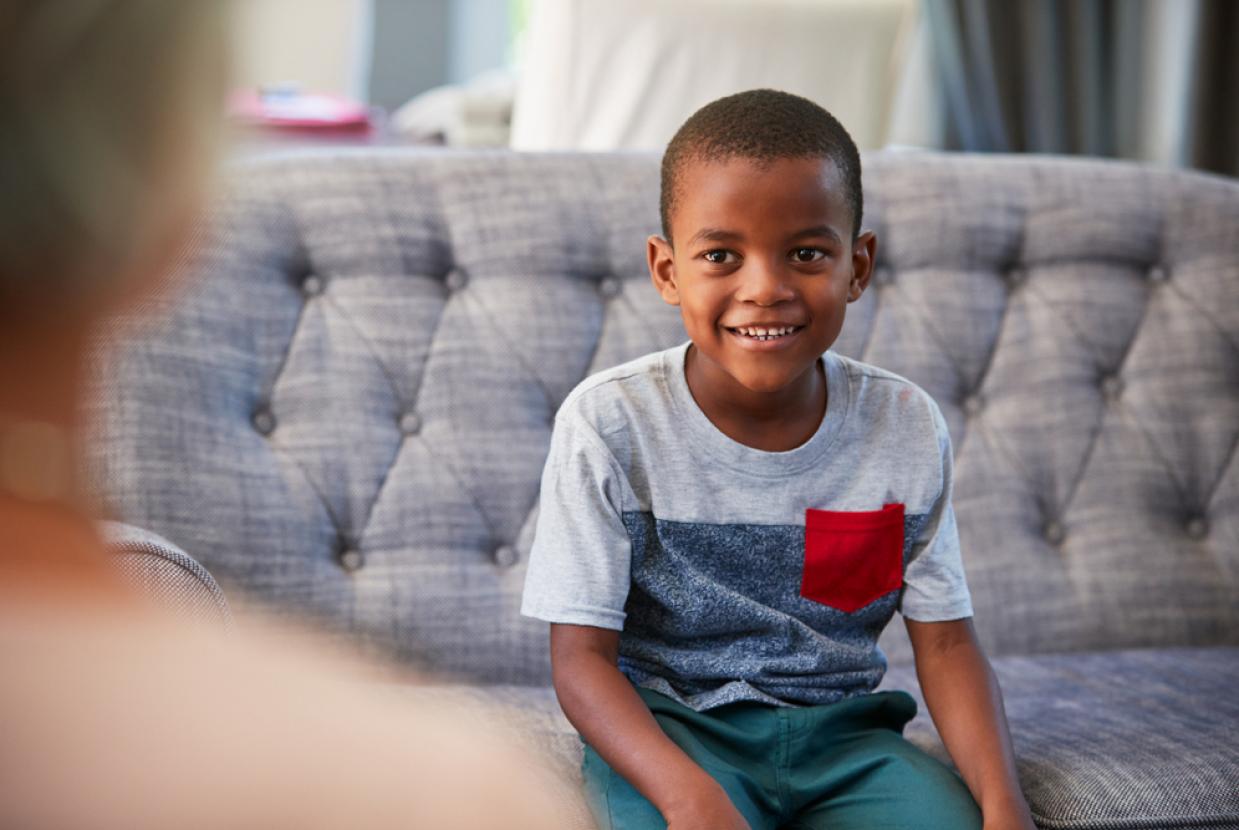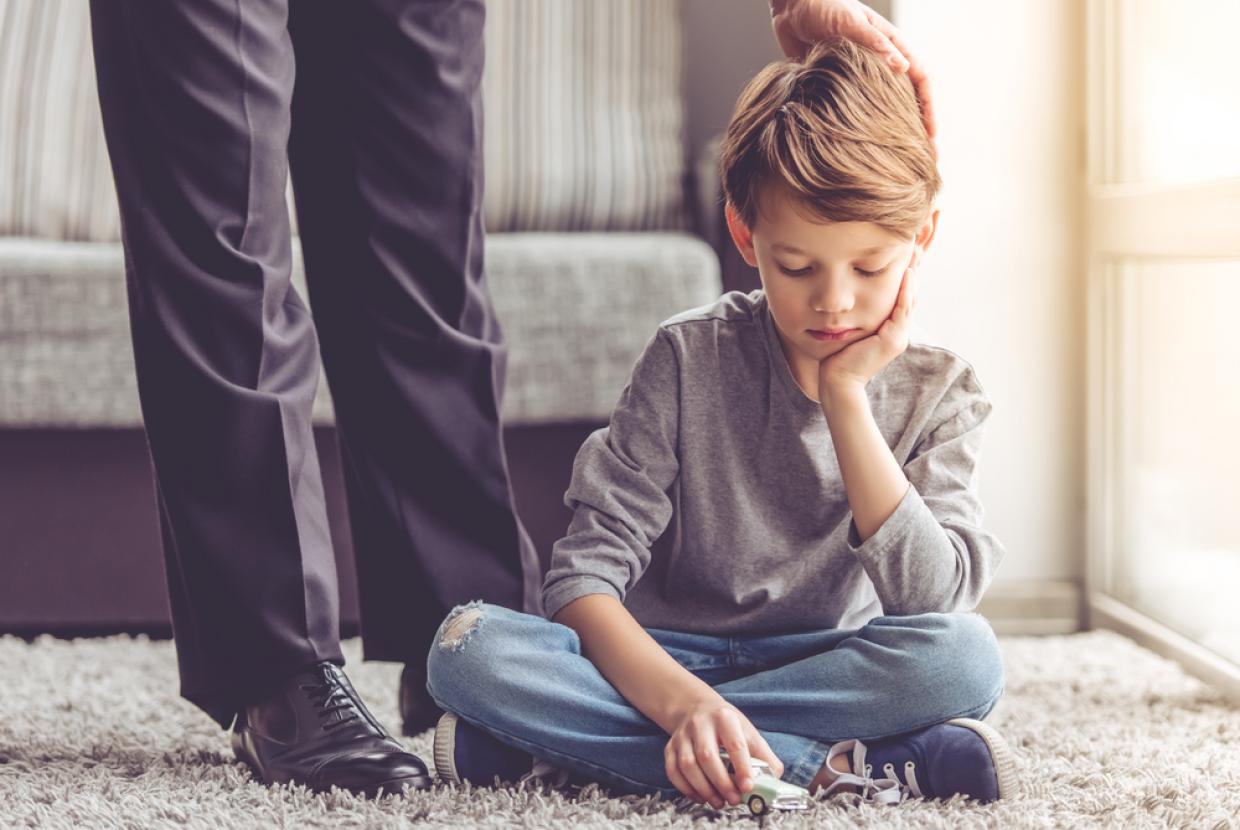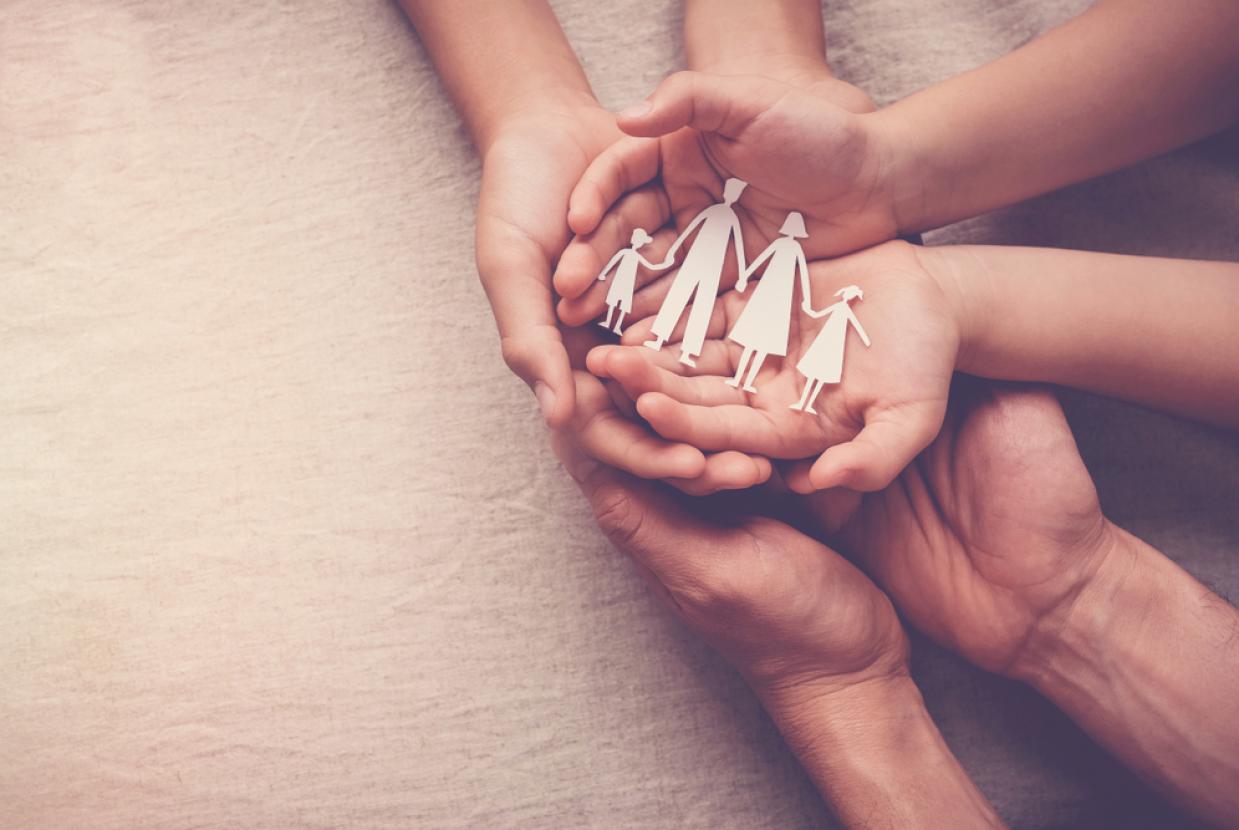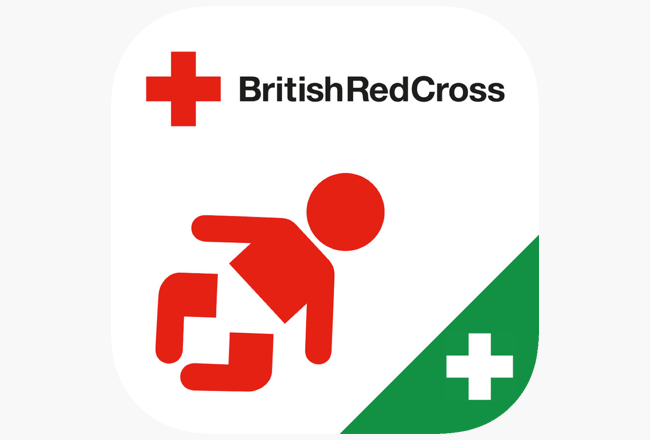Promoting Good Sibling Relationships
Family HealthHaving more than one child can be complicated. While there is a huge amount of joy associated with siblings throughout life, there are also natural challenges. Nonetheless, during this time of isolation and social distancing, for many children their brothers or sisters are their only real peers. This article will look at some of the positive benefits of having siblings, and how parents can support good sibling relationships. It is important to note that while siblings can bring advantages to families no parent should feel concerned if they have only one child. Siblings are by no means “mandatory”, and many of the benefits can be replicated by friends and family.
What does research say?
Firstly, there are studies that have found that having siblings has a beneficial effect on the mental and physical health of children. Swedish researcher Therese Wallin found that siblings are less likely to suffer allergies, be obese or have depression. Siblings can start to influence each other right from birth.
When a new baby enters the household, the older sibling begins to gain social skills by interacting with their younger sibling. The younger sibling will gain cognitively from copying their older sibling, using their behaviour as a model. There is even evidence that the mental benefits of having siblings can last into adulthood, because people with siblings are statistically happier than those without.
Sisters – older or younger – have been found to improve their siblings mental health. A study into the impact of sisters on their siblings found that the presence of a loving sister can reduce feelings of guilt, sadness and isolation. Sibling relationships are important and different from parent-child relationships and provide unique benefits. Brothers and sisters both improve the charitableness and general kindness of their siblings. In households where there was a strained or difficult parent-child relationship affection from siblings acted as a shield from some of the negative effects.
Interestingly, each child makes gains depending on where they come in the birth order. While youngest siblings have been found to be more adventurous and open to new experiences. They have to find their own “niche” in the family and this promotes outgoingness and a desire to experience new things.
Older siblings on the other hand tend to be more responsible and dependable than they would otherwise be. Finally, middle children develop particularly astute conflict resolution skills. As you can see, siblings have a unique and positive effect on each other. No two families are alike, so having siblings doesn’t mean child must be a certain way. Instead, it offers parents opportunities to promote positive characteristics in their children.
Promoting good relationships
There is a lot of advice on supporting siblings and preventing sibling rivalry in this article here. However, here are a few tips for helping your children get along:
- Give your children tasks to do together. For example, have the older sibling help the younger with their homework;
- If you have the space in a garden, have sports “competitions” between siblings. This can involve running, body-weight exercises like push-ups or just kicking a ball around. Keep it light-hearted to ensure minimal conflict;
- Encourage creative co-operational activities. Make a den or fort out of pillows, blankets or cardboard.
It is also important to talk to your children and encourage them to see their siblings as their teammates. Competition and rivalry is common and normal under regular circumstances. During the challenge presented by the pandemic where everyone is stuck inside arguments are almost certainly going be more common. Therefore, parents can help to address this by being proactive.
When you talk to your children, emphasise the fact that they are all in this together. That as a family, you will need to help and support each other. Ask them how they could be there for each other when they are needed. There is no sure-fire way to ensure consistent positive sibling relationships all of the time. Even if it was, remember that children do learn from some level of conflict. Parents shouldn’t necessarily attempt to prevent it entirely. During the crisis, try to focus on doing the best that you can to ensure that your children are kind to each other and have a positive relationship most of the time. More importantly, be realistic with what you can achieve.
Don’t put undue pressure on yourself, and remember that every family is struggling right now. Do the best that you can, and ask for help if you need it.


